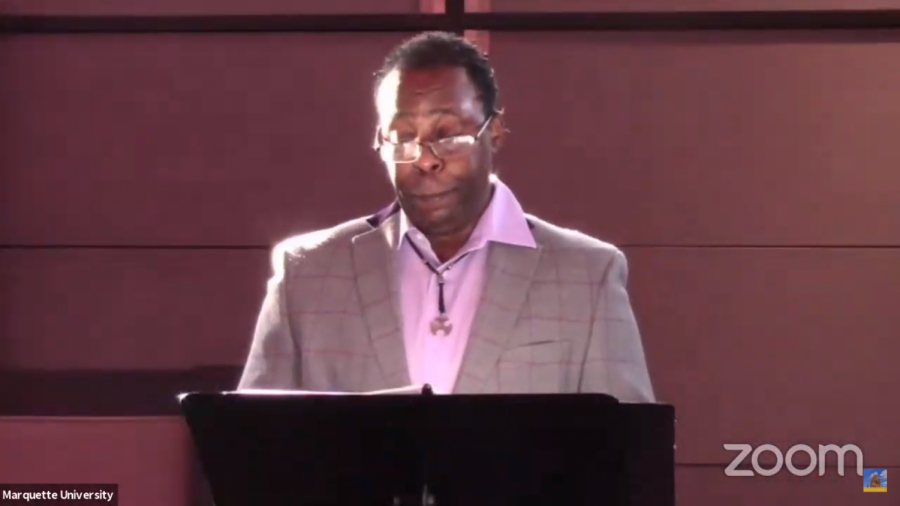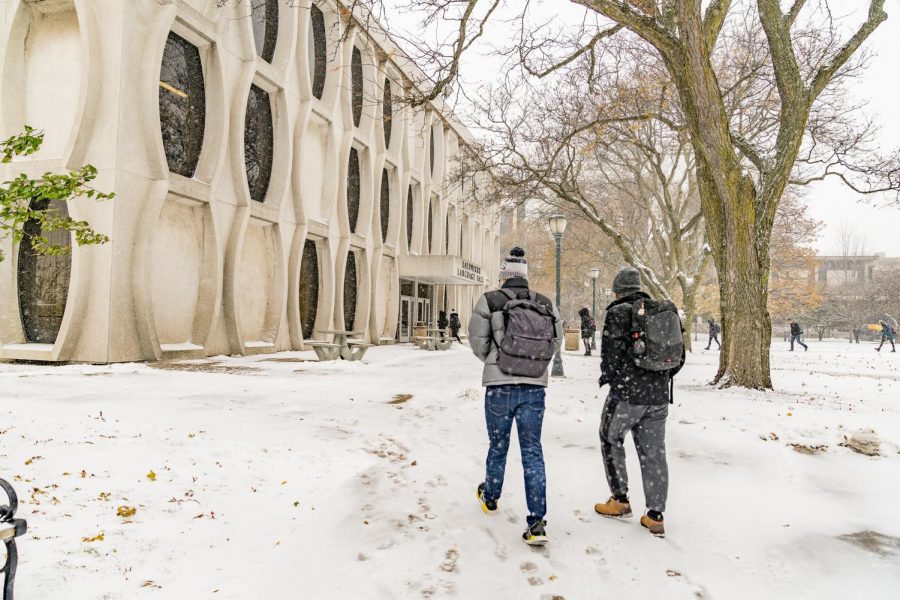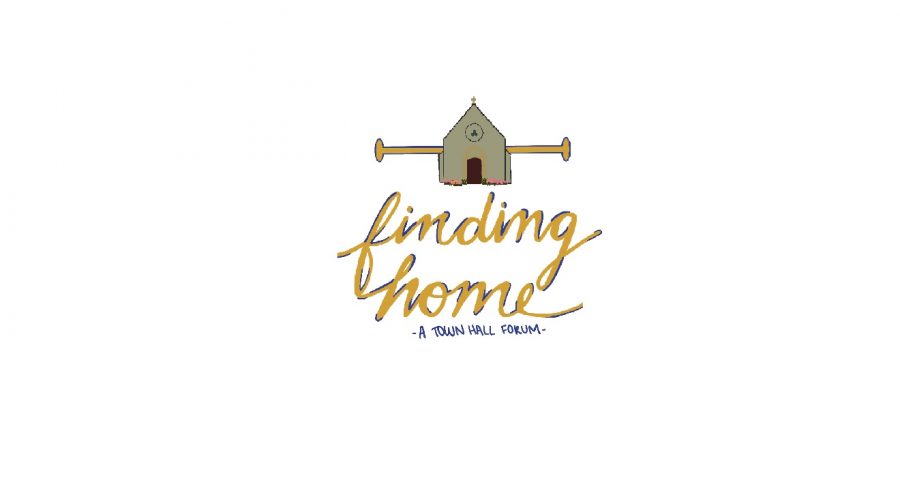 Give a man a fish, and you feed him for a day. Teach a man how to fish, and you feed him for a lifetime. As talk of winter and spring service trips begins to grow on campus, this proverb caused me to question how effective international volunteer service trips can truly be for the communities they serve.
Give a man a fish, and you feed him for a day. Teach a man how to fish, and you feed him for a lifetime. As talk of winter and spring service trips begins to grow on campus, this proverb caused me to question how effective international volunteer service trips can truly be for the communities they serve.
When people embark on international service trips they are looking to make a difference. They want to change the world. They hope that a few plywood boards and some nails will transform the future of some unknown family.
I am here as the bearer of bad news, a Debbie Downer, the Grinch about to steal Christmas: international volunteer service trips that focus on only construction are not for the communities they “serve.” They are for the satisfaction of the participants paying thousands of dollars to temporarily transplant themselves into another culture.
The distinction of trips with a focus on construction versus trips that work to empower locals is important. Volunteer service trips that focus only on building houses are not valuable to communities in the long run. If inexperienced high school and college students are entrusted to build houses, schools and hospitals, there is no reasons why locals could not do the same.
I should point out that I am an active member of MARDI GRAS. However, MARDI GRAS is a different type of trip. Our organization is about the consistency of upholding a community, not just the physical labor we put into it. Our work is not just building homes, but connecting with homeowners. We have established a strong community in New Orleans because students return multiple times. A great example is one of the homeowners, Smitty. Smitty was one of the first homeowners we worked with. Even though we haven’t worked on his house in years, he continues to spend time with us every time we are in New Orleans. Smitty has taken up the habit of becoming pen pals with students, myself included. Smitty is a great example of MARDI GRAS’ goal of creating a community in New Orleans, not merely building houses and moving on.
I recognize that service trips are important for participants to see the realities of our world. Travel has the power to change lives, but there are better ways to learn about a culture and see the world while still making a difference in a community. They should be about empowerment. These trips should focus on giving communities the resources to create their own success.
The tens of thousands of dollars groups of volunteers spend to travel to other countries would be much more effective if applied directly to the materials and necessary training for locals to do the work on their own. Not only would these communities benefit from the material gain, but the additional employment would serve them economically.
Service trips that aim to provide communities with the resources necessary to achieve steady self-sustaining growth are ideal for all parties involved. Volunteers who use their expertise to help develop communities will have the greatest impact. A marketing genius who shares his or her knowledge could empower a local business owner to succeed. An excellent teacher could best serve by training local educators. Even an experienced construction worker can serve a community, so long as he or she is empowering locals by offering his or her expertise. In the long run, the value of human capital is much greater than physical capital.
To truly make a difference in this world, we must work to empower one another. Ideally, volunteer service trips would not be necessary. The only way to arrive at this point, however, is to empower communities through investment in long term skills. To teach them how to fish, so that they may feast for a lifetime.




